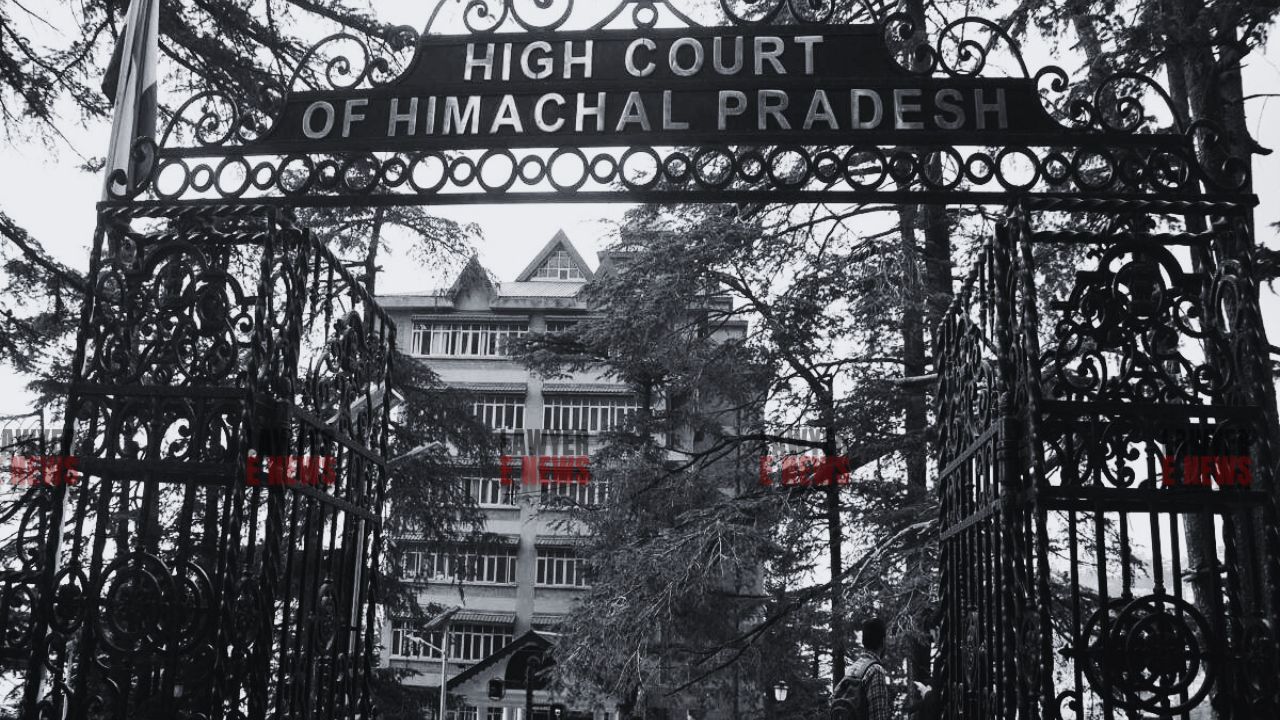-
by Admin
15 February 2026 5:35 AM



High Court acknowledges full payment and mutual compromise, setting aside previous judgments and ordering release of deposited funds. The Himachal Pradesh High Court has quashed the conviction of Biyas Dev in a cheque dishonor case under Section 138 of the Negotiable Instruments Act, 1881, following an amicable settlement between the parties. The court, presided over by Justice Sandeep Sharma, emphasized the importance of mutual resolution and exercised its powers under Section 147 of the Act to compound the offense.
The respondent, Shiv Chand, initiated a complaint against Biyas Dev, alleging that a cheque for ₹4,80,000 issued by Dev was dishonored due to insufficient funds. Despite being given legal notice, Dev failed to pay the amount, leading to a trial where the Chief Judicial Magistrate of Lahaul-Spiti at Kullu convicted him and sentenced him to three months of simple imprisonment, along with a compensation of ₹4,80,000. The Additional Sessions Judge later reduced this compensation to ₹3,00,000 while upholding the conviction. Dev then approached the High Court seeking acquittal.
During the High Court proceedings, it was revealed that both parties had reached a settlement. The complainant received ₹2,64,000 directly from Dev, with an additional ₹96,000 deposited in the trial court. The total settlement amount of ₹3,60,000 was agreed upon, which satisfied the complainant.
Justice Sandeep Sharma acknowledged the full payment and the voluntary nature of the settlement. Citing the Supreme Court's guidelines in Damodar S. Prabhu v. Sayed Babalal H., the court highlighted its authority under Section 147 to compound the offense even after a conviction has been recorded. "The entire amount of compensation stands paid or agreed to be paid to the respondent-complainant, leaving no impediment in accepting the prayer for compounding the offense," stated Justice Sharma.
Justice Sharma remarked, "Having taken note of the fact that the entire amount of compensation stands paid or agreed to be paid to the respondent-complainant and respondent has no objection in compounding the offense, this Court sees no impediment in accepting the prayer made on behalf of the petitioner for compounding of offense."
The Himachal Pradesh High Court's decision to quash the conviction underscores the judiciary's support for amicable settlements in financial disputes. By setting aside the judgments of the lower courts and ordering the release of deposited funds to the complainant, the court reinforced the significance of mutual resolution and compliance with judicial guidelines.
Date of Decision: July 29, 2024
Biyas Dev vs. Shiv Chand
